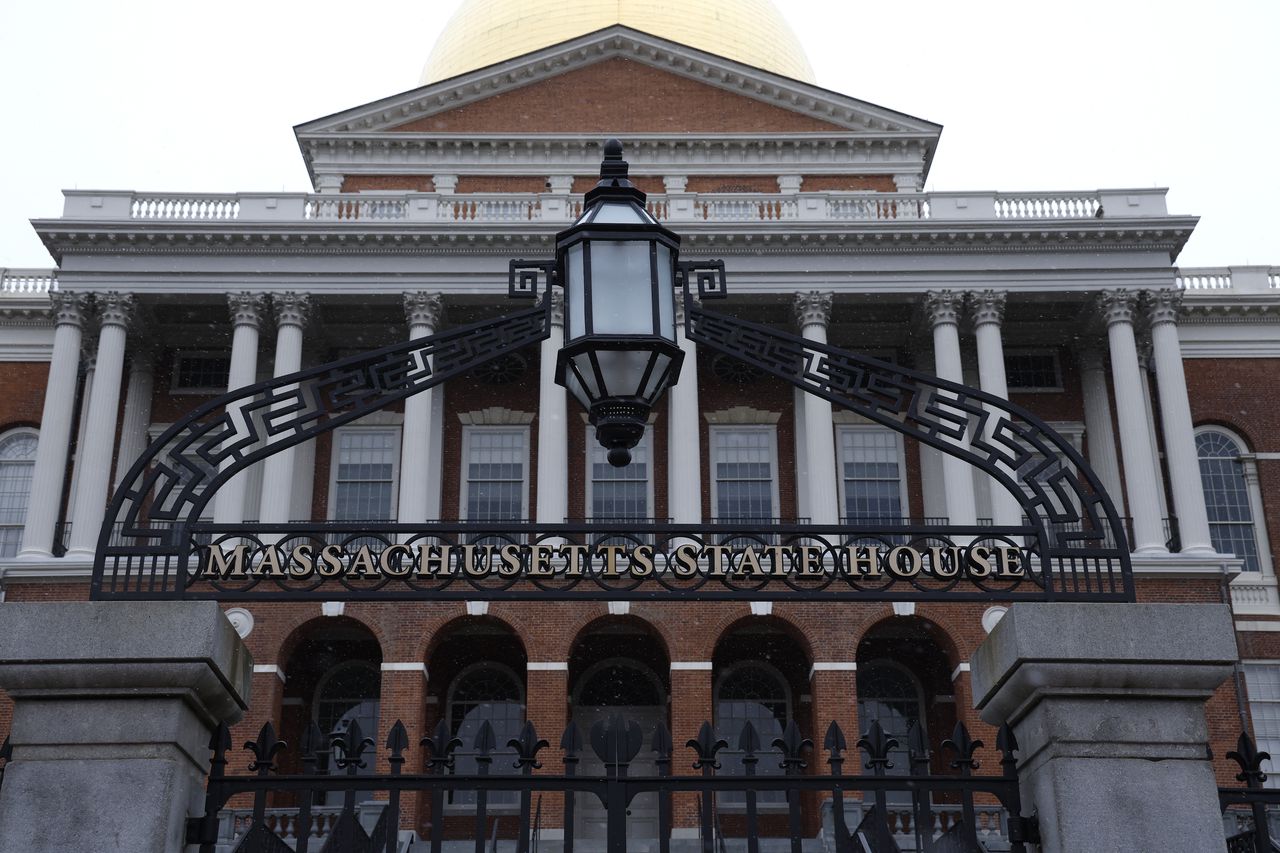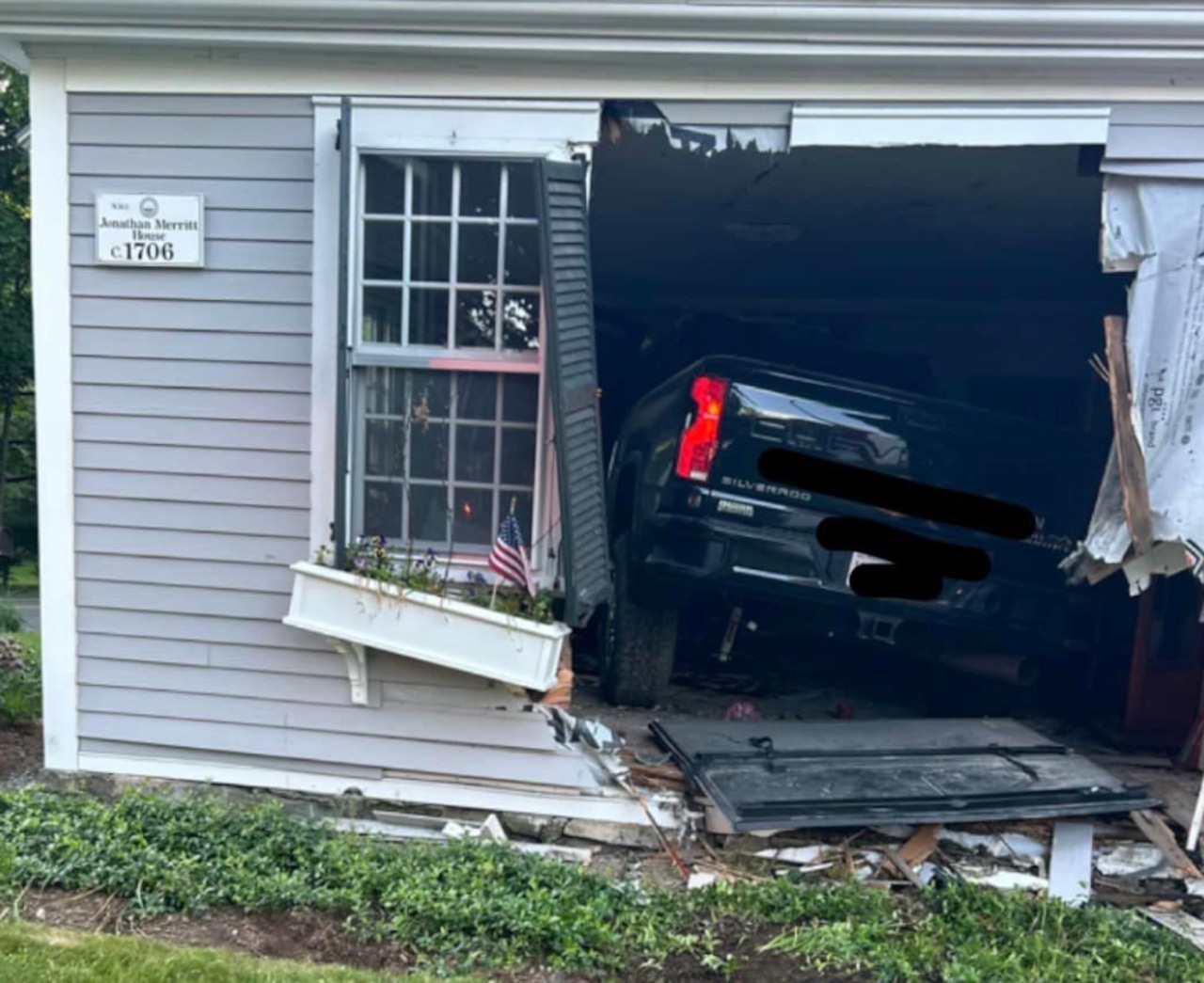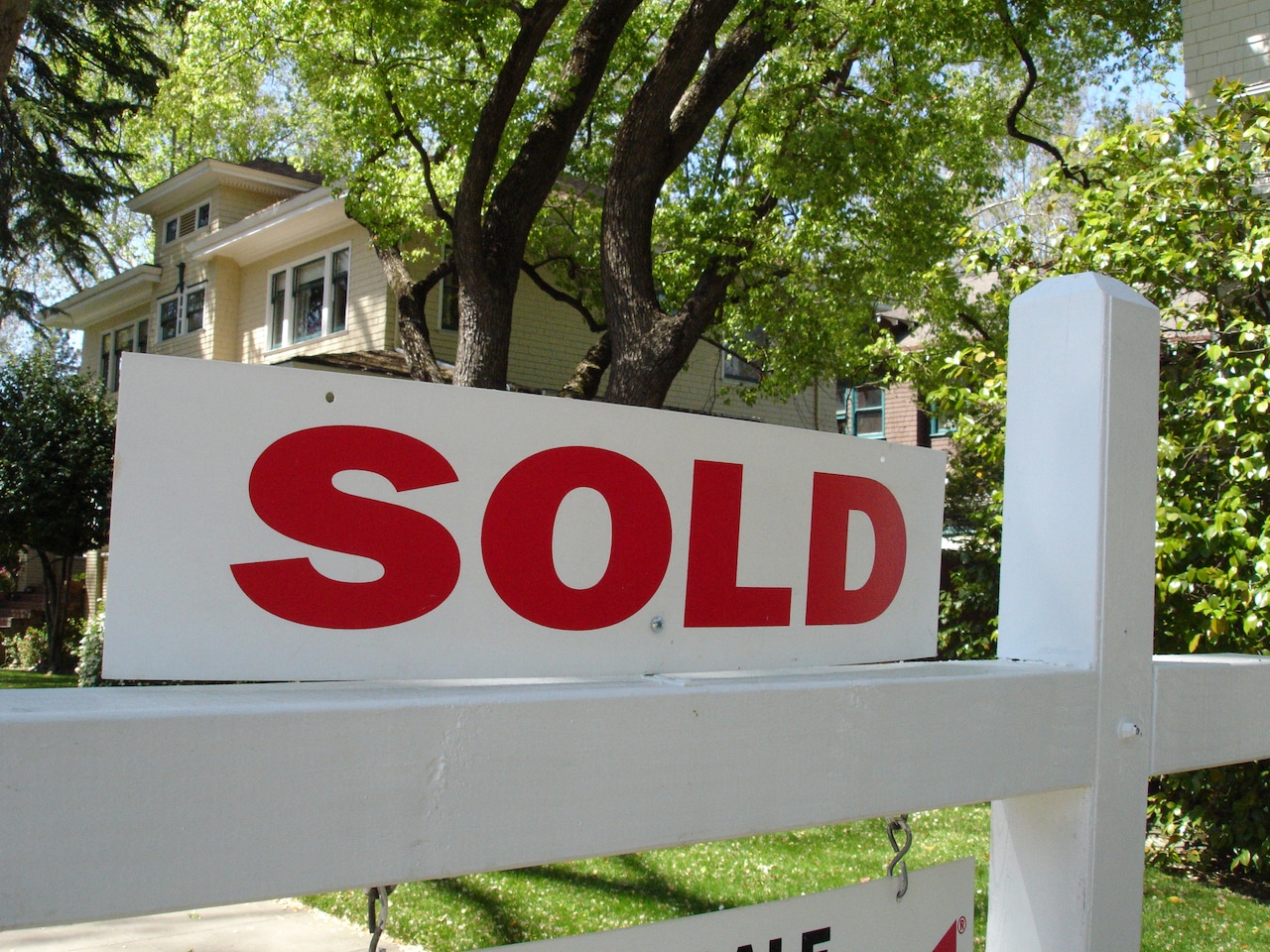
A proposed ballot question filed this week could return rent control to Massachusetts for the first time in decades.
The ballot question would give cities and towns in the state the option to enact local regulations protecting tenants. Those regulations could govern rent, fees and deposits, including brokers fees, evictions, the removal of units from the rental market and more.
“The proposal for a ballot initiative that we submitted to the Attorney General’s office yesterday … would really do one simple thing, and that is bring before the voters a simple question. And that is, ‘Should our municipalities be empowered to protect tenants?’” said Cambridge state Rep. Mike Connolly, who led the petition as a private citizen. “The context here is this ongoing housing emergency where affordable housing today is more out of reach to more people than it has ever been in history, and homelessness, likewise, is more pervasive than we’ve ever known.”
Connolly is also the original proponent of a bill known as the Tenants Protection Act currently in the state legislature, which is very similar to the citizen’s petition filed Wednesday. The bill gives municipalities the opportunity to adopt local options, including rent stabilization, just-cause eviction protections, ordinances regulating condominium conversions, and regulations on tenant deposits and fees.
Connolly said Thursday that while the bill provides more specific language than the citizen’s petition, he wanted to provide the option of bringing the question to the ballot in 2024.
“I don’t really necessarily see it as a trade offer,” he said. “There’s an ongoing emergency and it is our obligation, whether we’re concerned residents or we’re operating in a legislative capacity … to pursue available options.”
Connolly said he and other supporters of the petition plan to continue to analyze the possibility of passing the ballot question in the coming months as they continue to solicit signatures in support.
“We haven’t had a chance to fully analyze it and it is a long way from having an impact on the catastrophic problems that tenants are facing in today’s housing market, but we are generally supportive of local regulations that are designed to help residents preserve their affordable rental housing,” said Jessica Drew, a housing attorney with Greater Boston Legal Services.
Rent control was banned in Massachusetts in 1994 by another ballot question. Efforts to revive it, including most recently a Boston home rule petition passed in March to reinstate it in the city, have thus far failed. Boston’s proposal, despite local support, has still not been taken up by the Committee on Housing.
Another current bill filed by Sen. Patricia Jehlen and Reps. David Rogers and Samantha Montaño, which would specifically allow communities to enact rent control but does not include other tenant protections, is also currently before the legislature.
Previous rent control measures, and now the proposed ballot question, have met resistance in particular from landlords who say they would hurt their business. Doug Quattrochi, executive director of MassLandlords, said Thursday that tenants would be better served by improvements to programs already in effect.
“Our alternative to this is always to make the safety network better. RAFT (Residential Assistance for Families in Transition) is supposed to be there to help people pay move-in money, but it takes weeks and weeks to get approval,” he said. “Ultimately, renters would benefit more from other programs.”
Quattrochi also predicted that reintroducing rent control would negatively impact communities throughout Massachusetts by lowering assessed property values and in return lowering tax revenue, spreading available funds thin across the state.
“Everybody in Cambridge who had rent control wanted it because they benefited from it, but everybody else in the state was paying into it. Rent control reduced maintenance, reduced housing quality, housing quantity, so Cambridge couldn’t fund its schools and municipal government,” he said. “That’s exactly why it’s going to face plant the same way it got repealed.”
The petition was one of 42 filed with the Attorney General’s Office before Wednesday’s deadline for the 2024 ballot. Other petitions included efforts to increase outside scrutiny of the legislature, limit the role of the MCAS standardized test in graduation requirements, require voter identification, decriminalize psychedelic substances and classify ride share drivers as independent contractors.
Before the ballot question moves forward, the AG’s Office has to certify the petition as meeting the constitutional requirements to be filed with the Secretary of the Commonwealth, with certification decisions expected to be released Sept. 6.
Once certified, the initiative’s proponents must gather 74,574 more signatures from registered voters by Dec. 6 to be sent to the legislature for consideration. If the legislature does not enact the proposal, proponents must gather an additional 12,429 signatures by July 3, 2024 to make it onto the November ballot.






